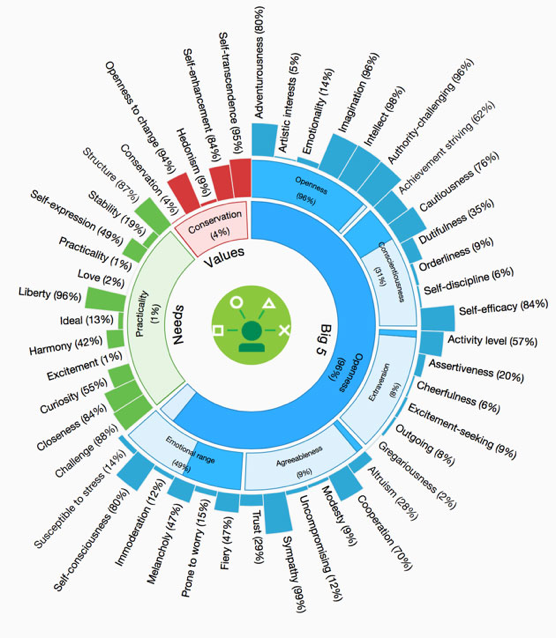dynamics of loneliness
Friends are divided into three circles: inner, middle and outer. Outer circle feeds the middle circle which in turn feeds the inner circle. All new inflow enters the outer circle first. Each circle suffers from a natural rate of entropy. The outer circle experiences the greatest flux while the inner circle is relatively stable.
What success and fame does is to destroy the middle circle by unleashing a tremendous hurricane blasting through all emotional blisters no matter how small. While the outer circle experiences a sudden cancerous growth, the inner circle (cut off from its supply of new blood from the middle circle) dwindles slowly at its natural entropy rate. Soon a deep sense of loneliness starts sinking in despite the presence of such a large number of people.




